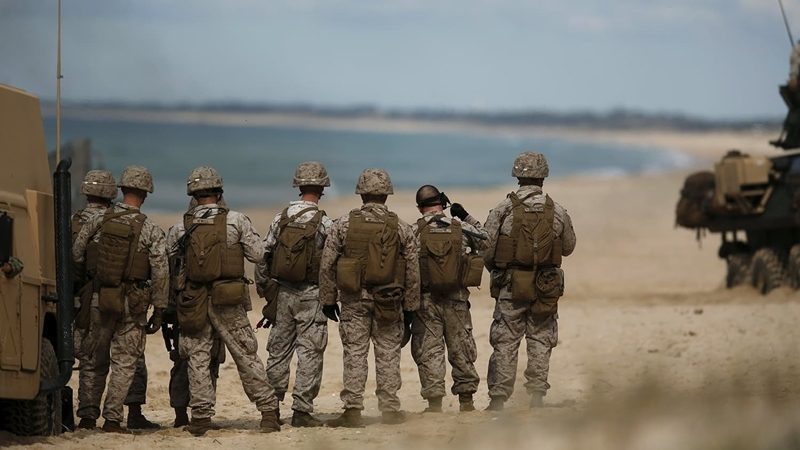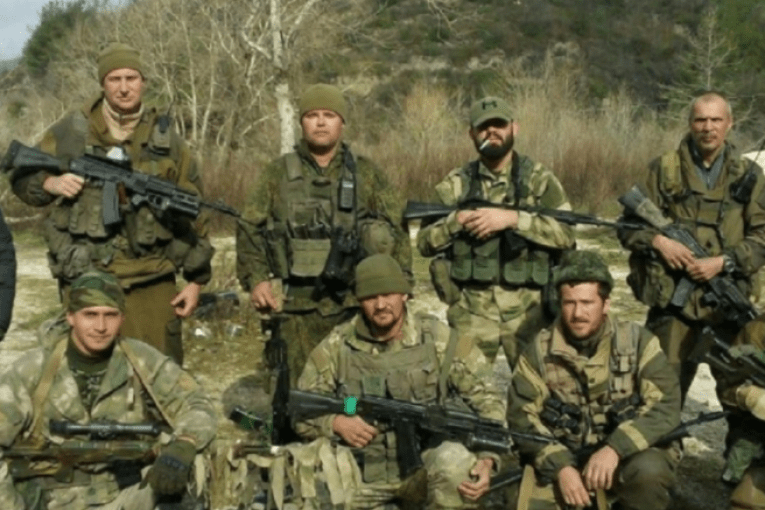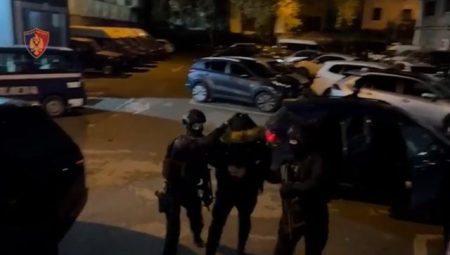An article published in the journal Foreign Policy states that a report by United Nations experts, published in late June, accused Russian military trainers of the Central African Republic of the armed forces of selective killing, robbery and enforced disappearance.
Although the report submitted to the UN Security Council does not identify these military instructors as members of the Russian company Wagner, media reports and the UN working group dealing with the issue of mercenaries state this, the article adds.
It was noted that Wagner’s network of operatives extends from Ukraine, where they fought alongside Russian and separatist forces, to Mozambique, where they are engaged to fight the rebels.
But the group challenges the conventional definition of a private military contractor.
The group is considered to be nominally private, but is closely linked to the Russian security apparatus, although the Russian government denies the connection.
Network of companies and mercenary groups
The dark nature of the network poses a major challenge to victims, governments and international institutions seeking to hold the group responsible for the alleged crimes.
Regarding the type of group, an article in an American magazine says that the first thing to understand is that the Wagner group most likely does not exist.
According to information available to researchers, there is no company registered under the Wagner name.
Instead, the name describes a network of companies and mercenary groups linking ownership overlays and logistics networks.
The entities that make up the network are described in US Treasury Department sanctions as involved in a wide range of activities, including working to crack down on pro-democracy protests, spreading misinformation, extracting gold and diamonds, and engaging in paramilitary activities.
According to the article, the group first appeared in Ukraine in 2014, where it helped the Russian military annex the Crimean peninsula.
Replacement force of the Russian Ministry of Defense
Since then, the spider web of paramilitary formations and companies has spread to Syria, where they have fought to support President Bashar al-Assad, and then to Libya, Sudan, Madagascar, Mozambique and the Central African Republic.
And while Wagner has become a useful acronym for describing this dark and stretched grid, experts warn it could disrupt the ability to think about how it works.
According to the article, the US government described the Wagner group as a replacement force for the Russian Ministry of Defense, while its operatives are training at the Molkino camp in southern Russia, which they share with Russian special forces.
Foreign Policy concludes in its report that the myths about Wagner are something that likes Yevgeny Prigogine, a person close to Russian President Vladimir Putin, who is believed to financially support the Wagner group.
The post Foreing Policy: Russian Wagner, Myth or Reality? appeared first on Konica.al.







